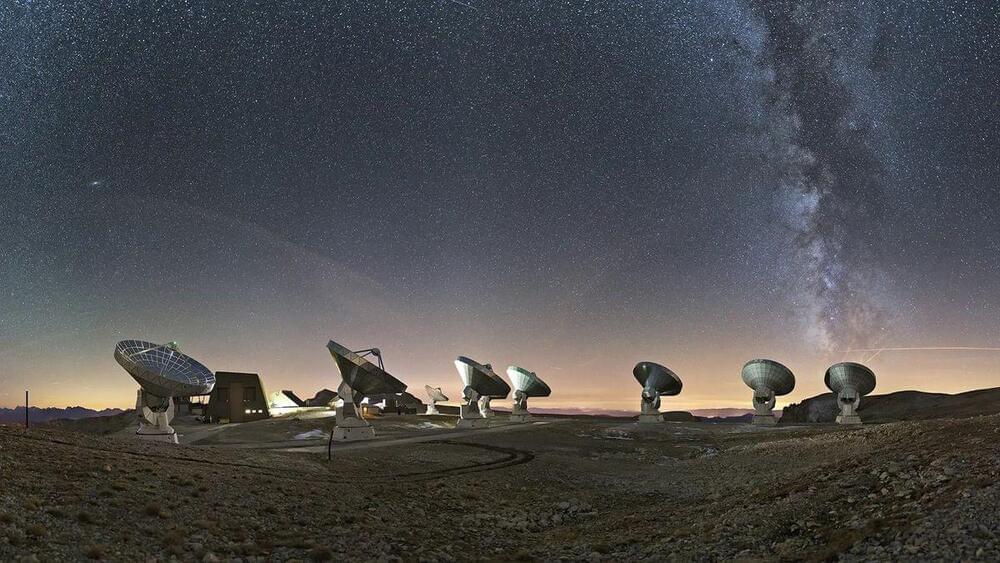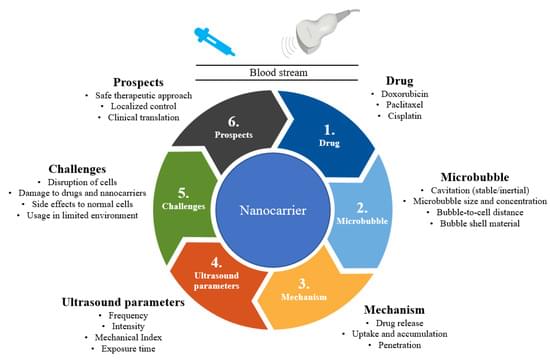The Robots Are Coming https://www.farzadmesbahi.com/merch FREE One Year Supply of Vitamin d3+k2 and 5 AG1 Travel Packs ➡ https://drinkAG1.com/farzad Join this channel to get access to perks:
Get the latest international news and world events from around the world.
Tesla’s Game-Changing Impact on Investor Mindset
Tesla’s popularity among retail investors and its significant net inflows indicate a shift in investor mentality towards seeking outsider opportunities and a strong belief in the company’s disruptive technology and future potential.
Questions to inspire discussion.
Why are retail investors heavily investing in Tesla stock?
—Retail investors are heavily investing in Tesla stock due to its disruptive technology and potential for future growth, with one investor doubling his position and believing that competitors won’t be able to beat Tesla’s technology.

Tesla launches Megapack project in Shanghai
Tesla has officially launched its new Megafactory project in Shanghai, which will produce 10,000 Megapacks per year, according to a statement today.
A signing ceremony for the land acquisition of the project was held in Shanghai on Friday morning, marking the start of what the company called a “milestone project”
The Megapack is a powerful battery that stores and supplies energy to help stabilize the grid and prevent power outages.


Timelapse of Future Technology Vol. II (Sci-Fi Documentary)
This timelapse of future technology begins with 2 Starships, launched to resupply the International Space Station. But how far into the future do you want to go?
Tesla Bots will be sent to work on the Moon, and A.I. chat bots will guide people into dreams that they can control (lucid dreams). And what happens when humanity forms a deeper understanding of dark energy, worm holes, and black holes. What type of new technologies could this advanced knowledge develop? Could SpaceX launch 100 Artificial Intelligence Starships, spread across our Solar System and beyond into Interstellar space, working together to form a cosmic internet, creating the Encyclopedia of the Galaxy. Could Einstein’s equations lead to technologies in teleportation, and laboratory grown black holes.
Other topics covered in this sci-fi documentary video include: the building of super projects made possible by advancing fusion energy, the possibilities of brain chips, new age space technology and spacecraft such as a hover bike developed for the Moon in 2050, Mars colonization, and technology predictions based on black holes, biotechnology, and when will humanity become a Kardashev Type 1, and then Type 2 Civilization.
To see more of Venture City and to access the ‘The Future Archive Files’…
• Timelapse of Future Technology (Master List)
• Encyclopedia of the Future (Entries)
…visit my Patreon here: / venturecity.

Scientists find record-breaking collection of molecules in 2 extremely ancient galaxies
The two galaxies were targeted by astronomers using NOEMA, the Northern Extended Millimetre Array, in France. NOEMA is able to detect millimeter and submillimeter radio waves. Fascinatingly, the team, led by Chentao Yang of the Chalmers University of Technology in Sweden, detected emissions from a whopping 13 different molecules in these two galaxies.
Related: Earliest magnetic galaxy ever detected offers clues about Milky Way history
“We are seeing part of the electromagnetic spectrum that is hard to observe in nearby galaxies,” said Yang in a press statement. “But thanks to the expansion of the universe, the light from distant galaxies like these is shifted to longer wavelengths that we can see with radio telescopes observing [at] submillimeter [wavelengths].”

SpaceX Falcon 9 Launches for a Recordbreaking 19th Time | Starlink 6–32
SpaceX is aiming to launch another batch of Starlink v2 Mini satellites from the Space Launch Complex 40 launchpad. This Booster, B1058, will try to launch and land for a record-breaking 19th time.\
\
Window Opens: December 22nd at 11PM EST (04:00 UTC on the 23rd)\
Window Closes: December 23rd at 3:31AM EST (08:31 UTC)\
Primary T0: December 22nd at 11:00PM EST (04:00 UTC on the 23rd)\
\
Mission: F9 launch of 23 Starlink v2 Mini satellites \
Target orbit: 285km perigee, 293km apogee, 43 degree inclination.\
Booster: B1058-19; 49d 3h 22min 40s turnaround\
Booster history: Demo-2, Anasis II, SL v1.0–12, CRS-21, Transporter-1, SL v1.0–20, SL v1.0–23, SL v1.0–26, SL 4–1, Transporter-3, SL 4–8, SL 4–17, SL 4–21, SL 4–2, SL 4–37, SL 6–5, SL 6–17, SL 6–26.\
Booster recovery: Droneship Just Read The Instructions (JRIT) located 629km downrange\
Fairing recovery: Bob\
Rocket trajectory: Southeast passing north of Bahamas\
Stubby nozzle: NO\
Stats: \
· SpaceX’s 95th launch of the year and the 6th launch of the month\
· 262nd Falcon orbital launch since Amos 6, F9’s 282nd orbital flight.\
· SpaceX’s 161st launch from SLC-40\
· 71st landing on JRTI out of 72 attempts\
· 181st successful landing since the last failed one\
· 55th launch dedicated to Starlink Gen 2 and 129th launch dedicated to Starlink overall.\
· First Falcon booster to fly for a 19th time\
\
Forum: https://forum.nasaspaceflight.com/ind…\
\
⚡ Become a member of NASASpaceflight’s channel for exclusive discord access, fast turnaround clips, and other exclusive benefits. Your support helps us continue our 24/7 coverage. ⚡\
\
🔍 If you are interested in using footage captured by this stream, please review our content use policy: https://www.nasaspaceflight.com/conte…

Ultrasound-Responsive Nanocarriers for Breast Cancer Chemotherapy
Breast cancer is the most common type of cancer and it is treated with surgical intervention, radiotherapy, chemotherapy, or a combination of these regimens. Despite chemotherapy’s ample use, it has limitations such as bioavailability, adverse side effects, high-dose requirements, low therapeutic indices, multiple drug resistance development, and non-specific targeting. Drug delivery vehicles or carriers, of which nanocarriers are prominent, have been introduced to overcome chemotherapy limitations. Nanocarriers have been preferentially used in breast cancer chemotherapy because of their role in protecting therapeutic agents from degradation, enabling efficient drug concentration in target cells or tissues, overcoming drug resistance, and their relatively small size. However, nanocarriers are affected by physiological barriers, bioavailability of transported drugs, and other factors.